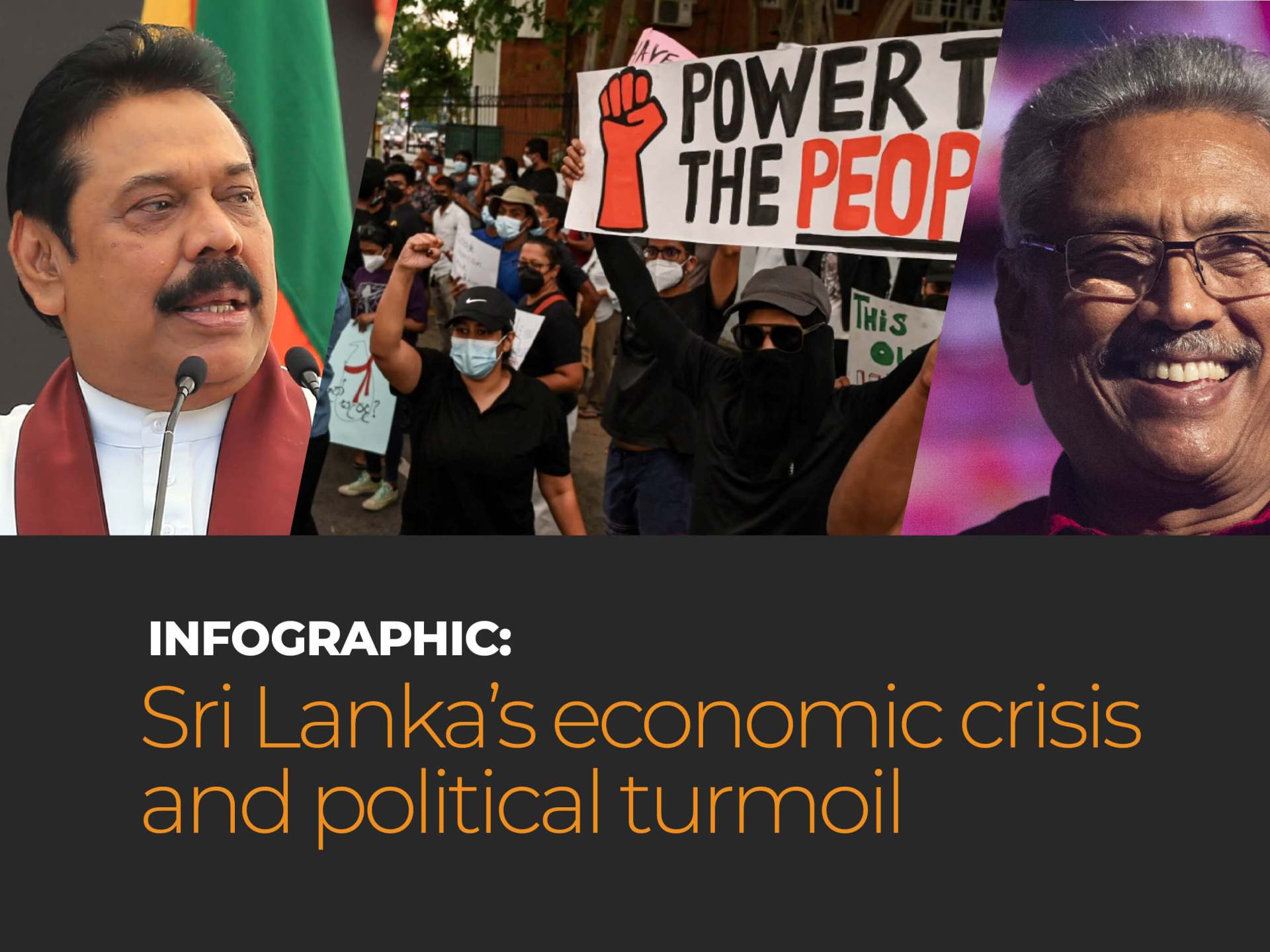
Mozambique, a southeastern African nation, has been engulfed in a protracted political crisis that has escalated into a humanitarian catastrophe, tearing at the fabric of the nation. This intricate predicament demands critical examination to comprehend its complexities and potential implications.
Mozambique's political landscape has been shaped by decades of conflict. After gaining independence from Portugal in 1975, the country was embroiled in a bitter civil war that lasted until 1992, pitting the Marxist-leaning Frente de Libertação de Moçambique (FRELIMO) against the Mozambique National Resistance (RENAMO). The war resulted in hundreds of thousands of casualties and displaced millions.
Following the end of the civil war, Mozambique embarked on a transition to a multiparty democracy, but the path has been fraught with challenges. FRELIMO has maintained its dominance, raising concerns over political pluralism and restricted civil liberties. Economic inequality, corruption, and unemployment have persisted, fueling social and political unrest.
The current crisis erupted in 2013 when RENAMO resumed armed hostilities, alleging election rigging and political marginalization. The conflict has escalated in recent months, leading to widespread violence, displacement, and a worsening humanitarian situation. The United Nations estimates that over 350,000 people have been displaced internally.
The Mozambique crisis is a complex web of political, economic, and social factors. Various perspectives and narratives exist:
The escalating crisis has had devastating consequences for Mozambique:
International actors, including the United Nations, the African Union, and the Southern African Development Community (SADC), have expressed concern and urged for a peaceful resolution. Efforts have been made to facilitate dialogue and mediate between the parties.
The prospects for resolving the crisis remain uncertain. Deep-seated mistrust and unresolved grievances continue to pose obstacles to a negotiated settlement. The ongoing violence and humanitarian suffering demand urgent action.
Mozambique's political turmoil is a complex and multifaceted crisis that has torn at the nation's fabric. Understanding the historical context, different perspectives, and devastating consequences is crucial. Concerted efforts are needed from all stakeholders, including the government, RENAMO, civil society, and the international community, to address the underlying issues, promote dialogue, and restore peace and stability to Mozambique.
The crisis has far-reaching implications not only for Mozambique but also for the region and the international community. Resolving the conflict is essential for creating a more just, equitable, and prosperous future for all Mozambicans.
0 Comments: